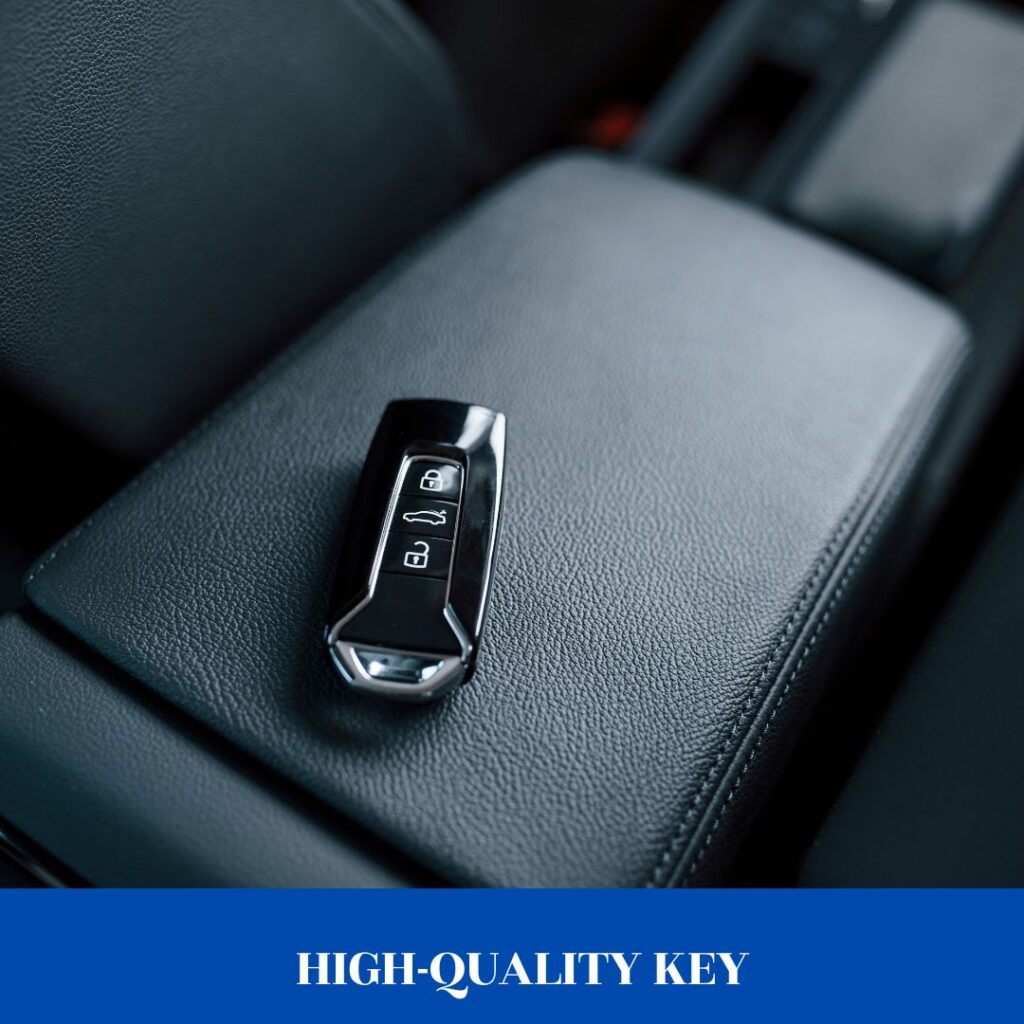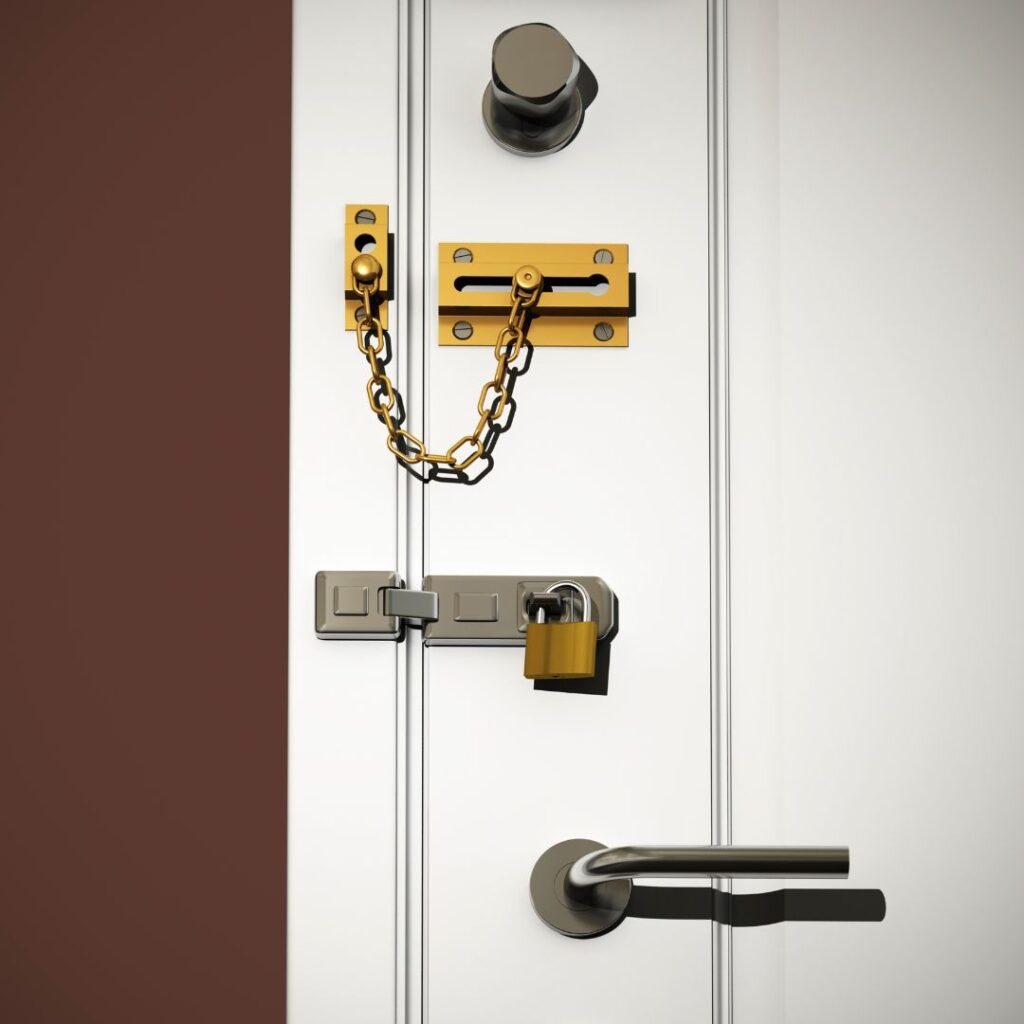
Introduction:
Keys are the gatekeepers to our homes, offices, and personal spaces, making key management a crucial aspect of our daily lives. From ensuring home security to safeguarding sensitive business areas, effective key management is vital. In this blog post, we’ll explore the dos and don’ts of key management, providing valuable tips to keep your keys secure and your spaces protected.
The Dos of Key Management:
Do Create a Systematic Key Organization:
Establish a well-organized system for storing and labeling keys. Consider using a key organizer or labeled key hooks to quickly identify each key’s purpose.
Do Keep a Spare Set in a Secure Location:
Always maintain a spare set of keys in a secure and accessible location. This can be invaluable in emergencies or if you happen to misplace your primary set.
Do Invest in High-Quality Key Rings:
Use durable and high-quality key rings to prevent keys from breaking or falling off. A sturdy key ring ensures that your keys stay intact and are less likely to get lost.

Do Limit Access to Spare Keys:
If you have spare keys, limit access to them. Only provide spare keys to trusted family members, friends, or neighbors. Avoid hiding spare keys in easily accessible or predictable locations.
Do Regularly Check and Update Key Inventories:
Periodically review your key inventories and update them as needed. Remove any keys that are no longer in use or relevant to your current situation.
Do Consider Keyless Entry Systems:
Explore the option of keyless entry systems for homes or businesses. These systems offer a secure and convenient alternative to traditional keys, often utilizing codes, cards, or biometrics.
Do Label Keys Thoughtfully:
If you choose to label keys, do so in a way that is not easily recognizable to outsiders. Use codes or abbreviations that make sense to you but would be cryptic to others.
Do Work with Professional Locksmiths:
When creating or duplicating keys, always work with professional locksmiths. They ensure precision and security, reducing the risk of poorly cut keys or unauthorized duplicates.

The Don’ts of Key Management:
Don’t Leave Keys Unattended:
Avoid leaving keys unattended in public spaces or areas accessible to strangers. Always keep your keys secure, either in your possession or stored in a safe location.
Don’t Share Key Details on Social Media:
Refrain from sharing details about your keys, such as their purpose or location, on social media platforms. This information can be exploited by individuals with malicious intent.
Don’t Attach Identifying Information to Key Rings:
Resist the temptation to attach personal information or identifiable tags to your key rings. This information could aid someone in connecting the keys to your specific location or property.
Don’t Hand Out Keys Indiscriminately:
Exercise caution when handing out spare keys. Only provide keys to individuals you trust explicitly, and avoid giving them out without careful consideration.
Don’t Hide Keys in Obvious Locations:
Avoid hiding spare keys in obvious or easily accessible locations, such as under doormats, potted plants, or fake rocks. Experienced intruders are familiar with these common hiding spots.
Don’t Neglect to Rekey or Change Locks:
If you lose your keys or suspect unauthorized access, don’t neglect to rekey or change the locks promptly. This preventive measure ensures that lost or stolen keys no longer pose a threat.

Don’t Use Unsecured Key Cabinets:
If you use a key cabinet, ensure it is secure and well-protected. Don’t use easily compromised or flimsy cabinets that could be easily broken into.
Don’t Overlook Security Education:
Educate everyone in your household or workplace about the importance of key security. Ensure that individuals are aware of the dos and don’ts to maintain a collective commitment to security.
Effective key management is essential for maintaining the security of our homes and businesses. By following the dos and avoiding the don’ts, you can create a robust key management system that enhances security, prevents unauthorized access, and provides peace of mind. Remember, the small act of properly managing your keys can make a significant impact on the overall safety of your spaces. For more information call your reliable locksmith in OKC The Kings Locksmith OKC.
